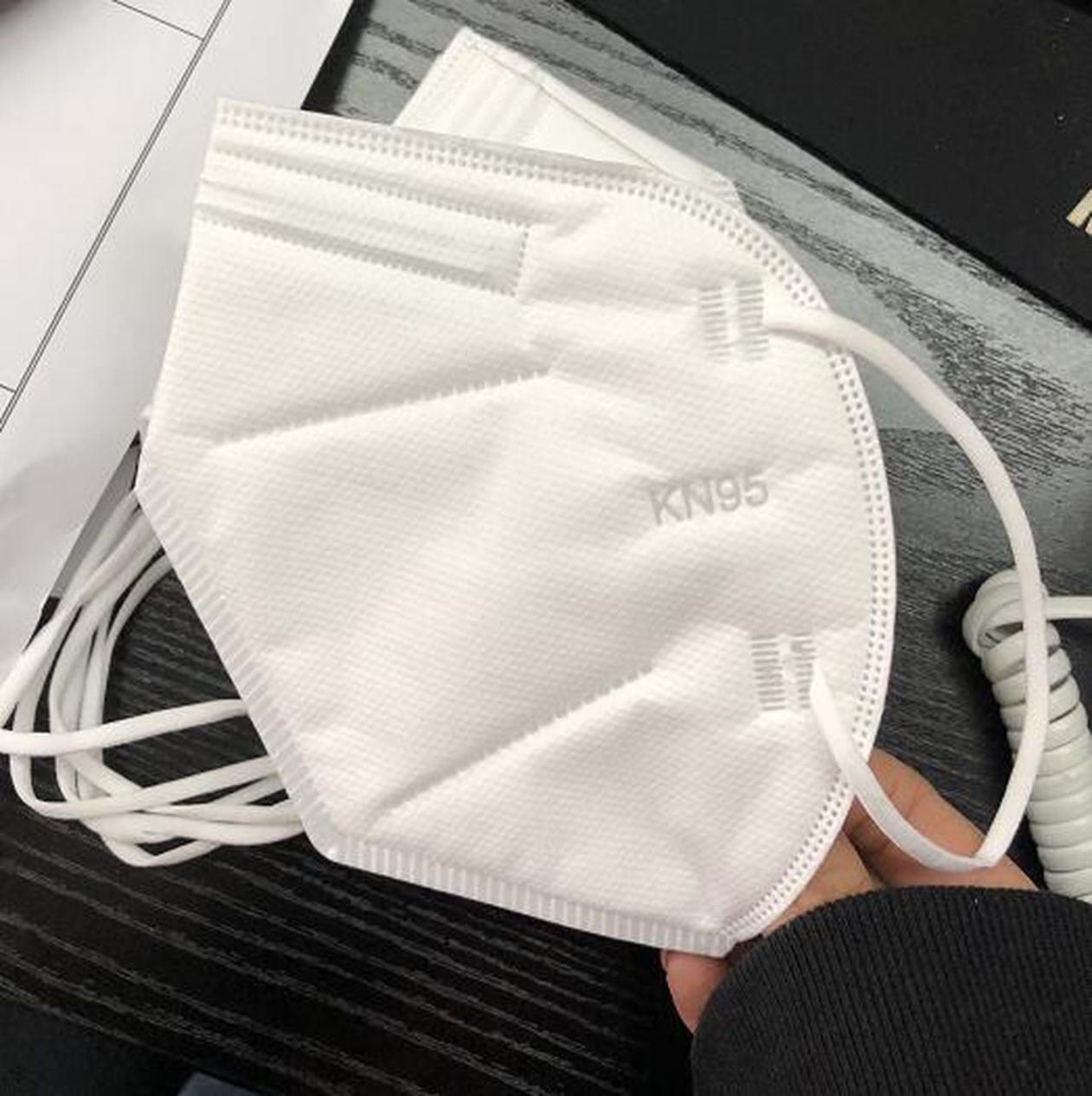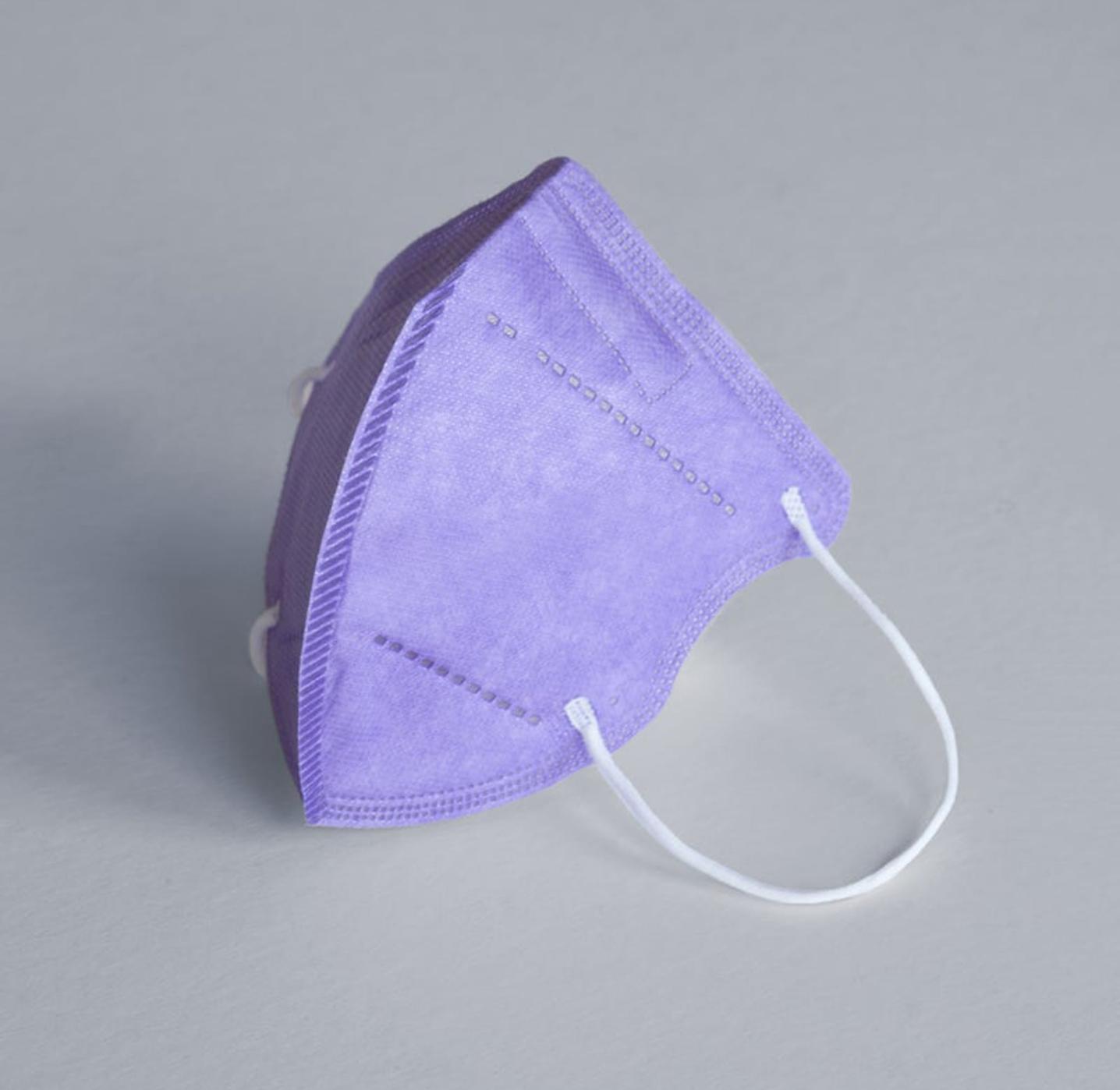KN95 Masks: Addressing Common Concerns and Misconceptions
As the COVID-19 pandemic continues to impact communities worldwide, the use of face masks has become a crucial measure in protecting individuals from airborne particles. Among the various types of masks available, KN95 masks have gained significant attention due to their effectiveness and widespread availability. However, there are common concerns and misconceptions surrounding KN95 masks that need to be addressed to ensure their proper use and maximum protection.

I. Common Concerns And Misconceptions:
1. Filtration Efficiency:
Concern: KN95 masks may not be as effective as N95 masks in filtering airborne particles.
Clarification: KN95 masks meet the Chinese standard GB2626-2006, which is comparable to the NIOSH N95 standard. Both standards require a minimum filtration efficiency of 95% against particles with a size of 0.3 microns. Numerous studies and certifications have demonstrated the high filtration efficiency of KN95 masks, making them effective in protecting against airborne particles, including viruses and bacteria.
2. Fit And Leakage:

Concern: KN95 masks may not fit properly, resulting in leakage around the edges.
Clarification: Achieving a proper fit is crucial for the effectiveness of KN95 masks. Leakage around the edges can compromise the mask's ability to protect the wearer. To ensure a good fit, users should select a mask with adjustable ear loops or a nose wire that can be molded to the shape of the face. Additionally, performing a fit test can help determine the best-fitting mask for individual users.
3. Counterfeit Masks:

Concern: There are concerns about counterfeit KN95 masks in the market.
Clarification: Counterfeit KN95 masks can pose a significant risk to users as they may not meet the required standards for filtration efficiency and fit. To avoid purchasing counterfeit masks, users should be vigilant and purchase KN95 masks from reputable sources. Checking for proper markings and certifications, such as the NIOSH or FDA logos, can help identify genuine KN95 masks.
4. Breathing Difficulty:
Concern: KN95 masks may cause difficulty breathing.
Clarification: KN95 masks are designed to allow for adequate airflow while providing effective filtration. However, some individuals may experience mild discomfort or shortness of breath, especially during prolonged use. Taking breaks and ensuring the mask fits properly can help alleviate these issues. If significant breathing difficulty is experienced, users should consult a healthcare professional.
5. Mask Reuse And Disposal:
Concern: There is confusion about proper mask reuse and disposal practices.
Clarification: KN95 masks are typically designed for single-use only. However, some manufacturers may provide specific guidelines for reuse, such as limited reuse after proper disinfection. It is crucial to follow the manufacturer's instructions for reuse and disposal to ensure the mask's effectiveness and prevent potential health risks.
II. Benefits And Advantages Of KN95 Masks:
Despite the concerns and misconceptions, KN95 masks offer significant benefits and advantages:
- Effectiveness: KN95 masks have demonstrated high filtration efficiency, effectively reducing the risk of exposure to airborne particles, including viruses and bacteria.
- Affordability: Compared to N95 masks, KN95 masks are often more affordable, making them accessible to a wider range of users.
- Availability: KN95 masks are widely available in various retail and online stores, ensuring easy access for users.
- Widespread Use: KN95 masks are extensively used in healthcare settings and by the general public, demonstrating their acceptance and effectiveness.
III. Conclusion:
KN95 masks play a crucial role in protecting individuals from airborne particles, including viruses and bacteria. Addressing common concerns and misconceptions about KN95 masks is essential to ensure their proper use and maximum protection. By educating themselves and making informed decisions about mask usage, individuals can effectively contribute to their personal safety and the well-being of their communities.
YesNo

Leave a Reply